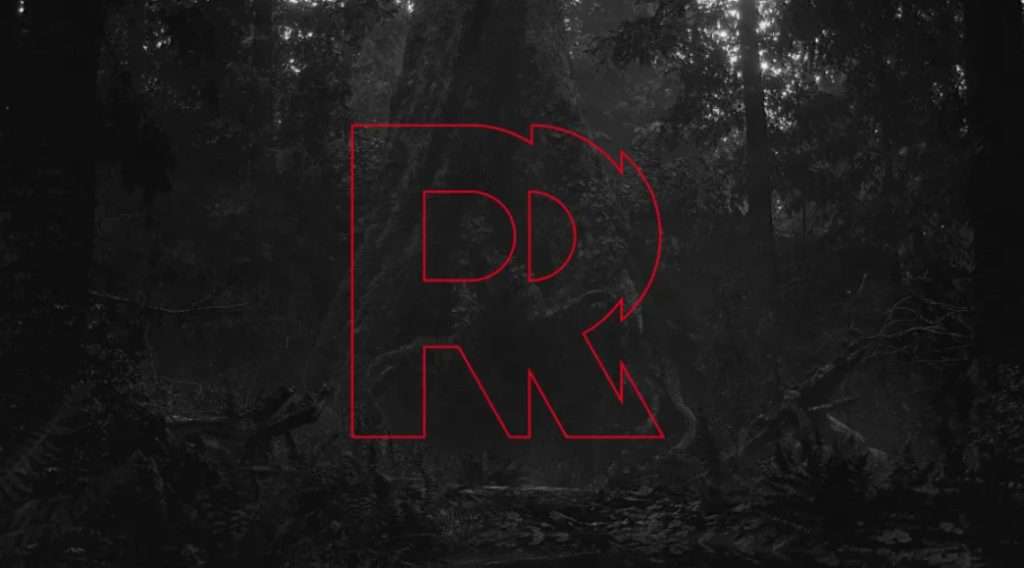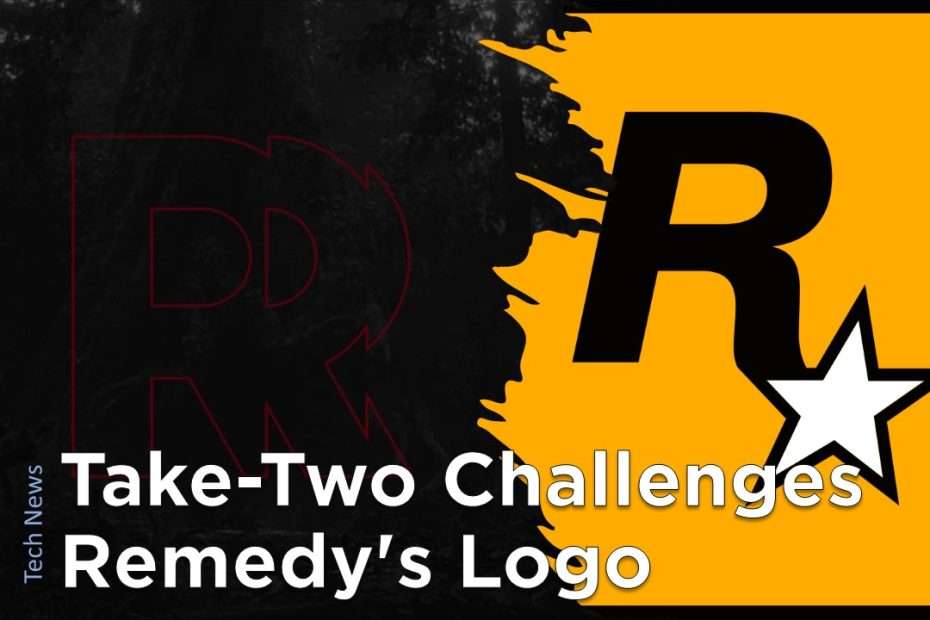Remedy Entertainment and Rockstar Games, both prominent entities in the video game industry, find themselves embroiled in a dispute over Remedy’s recent logo redesign. Last year, Remedy unveiled its new ‘R‘ logo, a move that has now prompted legal action from Take-Two Interactive, the parent company of Rockstar Games.
In a significant development, Take-Two Interactive has filed a trademark dispute against Remedy, asserting that the redesigned logo bears a striking resemblance to Rockstar’s own iconic logo. This legal clash between the two gaming giants underscores the high stakes and competitive nature of the industry.

The dispute centers around the visual similarities between the logos, with Take-Two claiming that Remedy’s ‘R‘ logo could cause confusion among consumers due to its alleged likeness to the well-established Rockstar logo. This legal challenge highlights the importance of distinctive branding in the gaming sector and the potential risks associated with rebranding efforts.
In April 2023, Remedy, the Finnish gaming company renowned for its work on the Alan Wake and Max Payne franchises, as well as titles like Control and Quantum Break, made a significant change by updating its logo. This decision marked the first alteration to the company’s logo in two decades. Remedy explained that the modification was driven by a desire to move away from the old logo’s association with the Max Payne era, which was symbolized by a bullet embedded in the letter ‘R‘. The company expressed that this visual element no longer accurately reflected the diverse range of games within its portfolio and the evolution it had undergone in the past 20 years.
The revamped logo was introduced to better align with Remedy’s current identity and the broad spectrum of games it has developed over the years. By shedding the symbolic bullet in the letter ‘R’, Remedy aimed to signal a departure from its Max Payne-centric image and embrace a new era that encompasses its more recent and varied gaming ventures.
Take-Two Interactive expressed dissatisfaction with what it perceived as similarities between Remedy’s recently introduced logo and the iconic Rockstar logo. This discontent led to Take-Two taking legal action by filing a trademark dispute in both the United Kingdom and the European Union.
The Verge has reported that in the EU case between Remedy Entertainment and Take-Two Interactive, both parties have sought an extension to the standard two-month “cooling off period“. This extension implies that any adversarial proceedings related to the trademark dispute will be delayed until at least September 7th, 2025. The extension of this period allows for additional time for negotiations, discussions, or potential resolution between the involved parties. Unless an agreement is reached before the specified date, the dispute is set to proceed, and formal legal proceedings will initiate.
What adds a unique twist to this trademark dispute is the ongoing collaboration between Remedy and Rockstar Games. The two companies are currently working together on remakes of Max Payne and Max Payne 2: The Fall of Max Payne, the very games that Remedy aimed to distance itself from with its recent logo redesign. Notably, Remedy is in charge of developing these remakes, while Rockstar is shouldering the financial aspects of the projects. This collaboration introduces a dynamic element to the dispute, as the companies navigate their working relationship on remakes tied to the intellectual property in question.
In a broader context, Take-Two’s legal actions are not unprecedented. The parent company of Rockstar Games has a history of initiating patent disputes. In 2021, Take-Two filed numerous trademark disputes related to terms such as ‘Rockstar‘, ‘2K‘, and ‘Bully‘. Furthermore, Take-Two pursued a trademark dispute against Hazelight Studio, the developer of It Takes Two, arguing that the game’s name was too similar to its own. However, this specific dispute was eventually abandoned. With a deadline of November 6th, 2025, for additional evidence, the ongoing legal battle adds another chapter to Take-Two’s history of protecting its intellectual property within the gaming industry.
Maybe you liked other articles?

